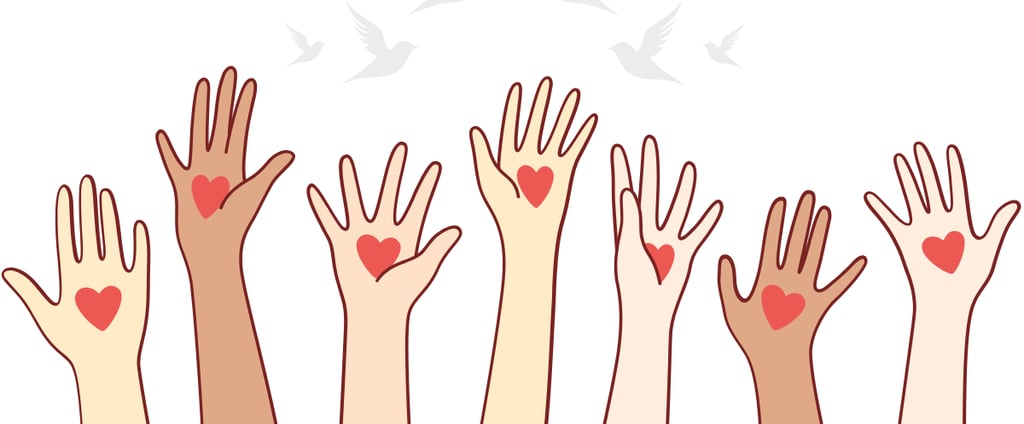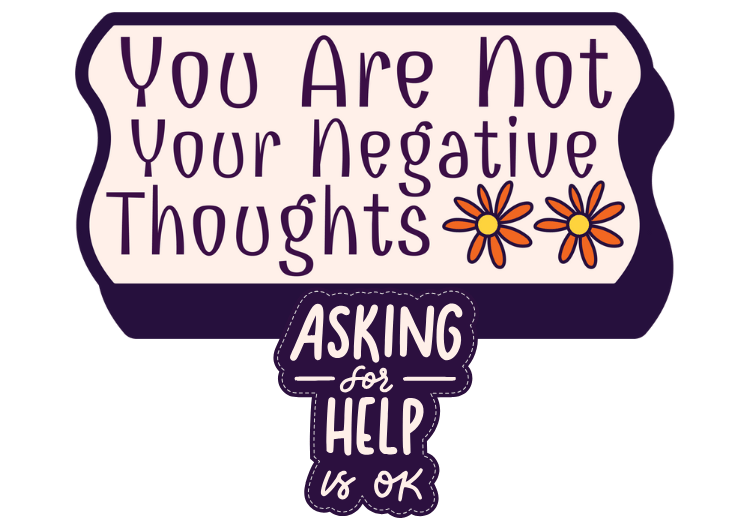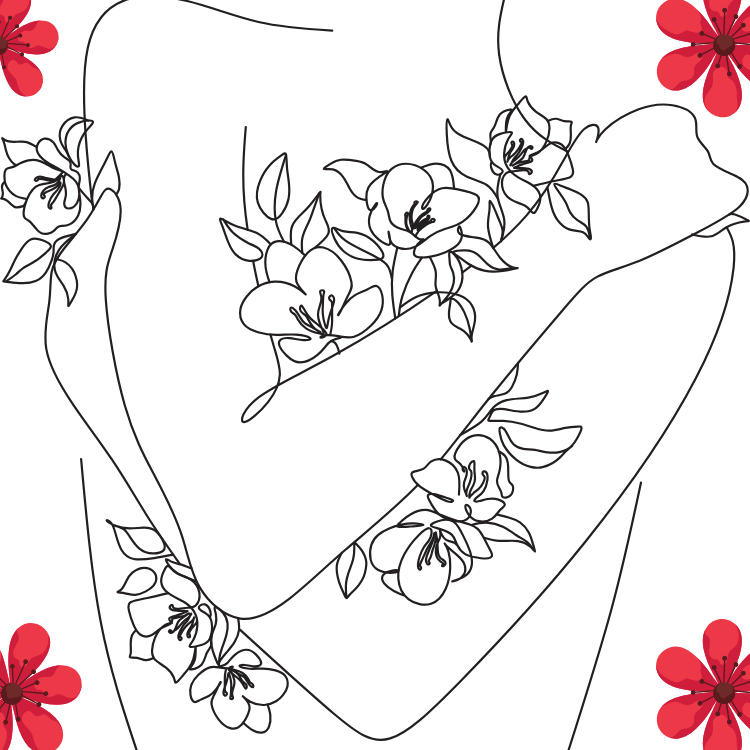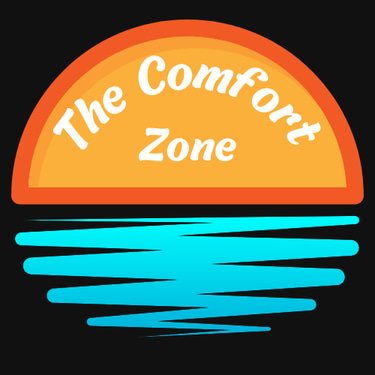How to ask for help without feeling shame
Struggling to ask for help? You're not alone. Saying "Can you help me?" is surprisingly effective and actually builds stronger relationships. When you show vulnerability rather than authority, people are more willing to assist—and it demonstrates self-awareness, not weakness.
ARTICLES
8/20/20256 min read


Struggling to ask for help? You're not alone. Saying "Can you help me?" is surprisingly effective and actually builds stronger relationships. When you show vulnerability rather than authority, people are more willing to assist—and it demonstrates self-awareness, not weakness.
Key Takeaways:
Many people experience shame when asking for help, but this is a universal human experience, not a personal weakness
Using the simple phrase "Can you help me?" is one of the most effective ways to request assistance
Asking for help actually builds stronger relationships and demonstrates self-awareness
In Your Comfort Zone provides resources for developing healthier help-seeking behaviors
Showing vulnerability rather than authority makes others more willing to assist you
Why We Feel Shame When Asking for Help
That knot in your stomach when you need to ask someone for help isn't unusual – it's remarkably common. Many of us experience profound discomfort when reaching out for assistance, even when we desperately need it. Here at In Your Comfort Zone, we understand that this reluctance often stems from deeply ingrained beliefs about self-sufficiency and independence.
Shame around asking for help is rooted in our perception that needing others somehow diminishes our value or competence. We worry that by asking for help, we're broadcasting our inadequacies to the world. This fear is particularly powerful in cultures and workplaces that celebrate self-reliance and individual achievement above all else.
Many of us grew up with messages that reinforced this belief: "Figure it out yourself," "Don't be a burden," or "You should know this by now." These internal narratives become the voice in our head that equates asking for help with personal failure. The irony is that this thinking actually limits our growth and potential.
When we feel exposed or vulnerable, our brain can process this as a social threat. This explains the physical discomfort you might experience when contemplating asking for assistance: increased heart rate, sweaty palms, or that sensation of wanting to disappear. Understanding this response can help normalize what you're feeling when reaching out for support.
The Hidden Benefits of Asking for Help
While asking for help might feel uncomfortable, there are surprising benefits that extend far beyond solving your immediate problem.
Builds Stronger Relationships
When you ask someone for help, you're actually creating an opportunity for connection. People generally feel valued when they're able to assist others. By asking for help, you're giving someone the chance to share their expertise and feel appreciated. This exchange creates a foundation for deeper relationships based on mutual support and trust.
Creates Reciprocity
Asking for help establishes a healthy cycle of give and take. When someone helps you, they often become more invested in your success. This interaction makes it more likely that you'll have opportunities to return the favor later, strengthening your bond through shared experiences of support.
Demonstrates Self-Awareness
Recognizing when you need help shows emotional intelligence and maturity. It demonstrates that you understand your limitations and value efficiency and quality results over ego. People who ask for help model this behavior for others, creating environments where collaboration thrives and people aren't afraid to admit when they're stuck.
Leads to Better Solutions
When you invite others to help solve your problems, you gain access to different perspectives, experiences, and skill sets. This diversity of thought often leads to solutions you might never have considered on your own, resulting in better outcomes for everyone involved.
Effective Techniques to Ask for Help
1. Use the Simple Phrase 'Can You Help Me?'
Sometimes the most powerful approach is also the simplest. The phrase "Can you help me?" taps into our innate desire to be of service to others. It's direct, humble, and surprisingly effective. Unlike making demands or issuing complex requests, these four words acknowledge the other person's agency and expertise while making it easier for them to say yes.
2. Show Vulnerability Instead of Authority
Leave your ego at the door when asking for help. Instead of prefacing your request with credentials or accomplishments to protect your image, simply acknowledge your need. This vulnerability creates authentic connection and shows respect for the other person's abilities. When we drop the facade of having everything under control, we become more approachable and easier to help.
3. Express What You Can't Do, Not What You Need Done
Rather than dictating exactly what you need someone to do for you, try explaining what you're struggling with. For example, instead of saying, "I need you to fix these spreadsheet formulas," try "I'm having trouble getting these calculations to work correctly." This approach gives the helper room to offer solutions you might not have considered and makes the request feel less demanding.
4. Give Others Freedom to Determine How to Help
When you micromanage how someone helps you, you limit their engagement and creativity. By giving people latitude to assist in ways that utilize their unique strengths and knowledge, you'll likely get better help and make them feel more valued in the process. This freedom demonstrates trust in their capabilities.
5. Be Genuinely Appreciative
Gratitude matters. When someone helps you, acknowledge their effort with specific, sincere thanks. Explain how their assistance made a difference, reinforcing the positive feelings associated with helping you. This appreciation encourages future assistance and strengthens your relationship.
Overcoming Shame-Based Thinking
Recognize Your Negative Thought Patterns
The first step to overcoming shame around asking for help is becoming aware of your automatic thoughts. When you need assistance, what messages play in your mind? Many of us hear thoughts like:


"I should be able to handle this on my own."
"People will think less of me if I ask for help."
"I don't want to burden others with my problems."
"If I can't do this myself, it means I'm incompetent."
These thoughts aren't facts – they're interpretations filtered through your fears and past experiences. By identifying these patterns, you can begin to question their validity instead of accepting them as truth.
Challenge Your Assumptions About Weakness
Many of us equate needing help with being weak. This assumption deserves scrutiny. Consider: Do you think less of others when they ask you for help? Probably not. In fact, you likely appreciate their trust in you and enjoy being able to assist them.
Try this exercise: Write down your definition of strength. Does it include qualities like vulnerability, humility, and the wisdom to know when to seek assistance? If not, your definition might be unnecessarily limiting you.
Practice Self-Compassion
When shame creeps in about needing help, notice how you talk to yourself. Would you use the same harsh tone with a friend who needed assistance? Probably not. Self-compassion means giving yourself the same understanding you'd offer others.
Remind yourself that needing help is universal. Every person on earth requires assistance at various points. This isn't a personal failing – it's part of the human experience. When you treat yourself with kindness rather than harsh judgment, you create the emotional safety needed to reach out for support.
Reframe Asking for Help as a Strength
Consider the most successful people in any field. They didn't achieve their goals in isolation. Great leaders, entrepreneurs, athletes, and artists all rely on coaches, mentors, teams, and supporters.
Asking for help demonstrates self-awareness and strategic thinking. It shows you're focused on the best outcome rather than protecting your ego. When you view help-seeking through this lens, it transforms from a shameful necessity into a valuable skill that actually enhances your effectiveness.
Asking for Help Is a Sign of Courage, Not Weakness


The next time you find yourself hesitating to ask for help, remember that reaching out requires courage. It takes strength to show vulnerability in a world that often rewards the appearance of self-sufficiency.
By asking for help, you're not just solving your immediate problem – you're modeling healthy behavior for others. You're creating a ripple effect that gives permission to everyone around you to be human, to have limitations, and to connect authentically.
The most meaningful connections in our lives are built on reciprocal support.
When we allow ourselves to be helped, we open the door to deeper relationships and more collaborative communities. That simple phrase – "Can you help me?" – can be the beginning of not just solving a problem, but building something much more valuable: genuine human connection.
In Your Comfort Zone offers resources to help you develop healthier communication patterns and overcome barriers to authentic connection.
